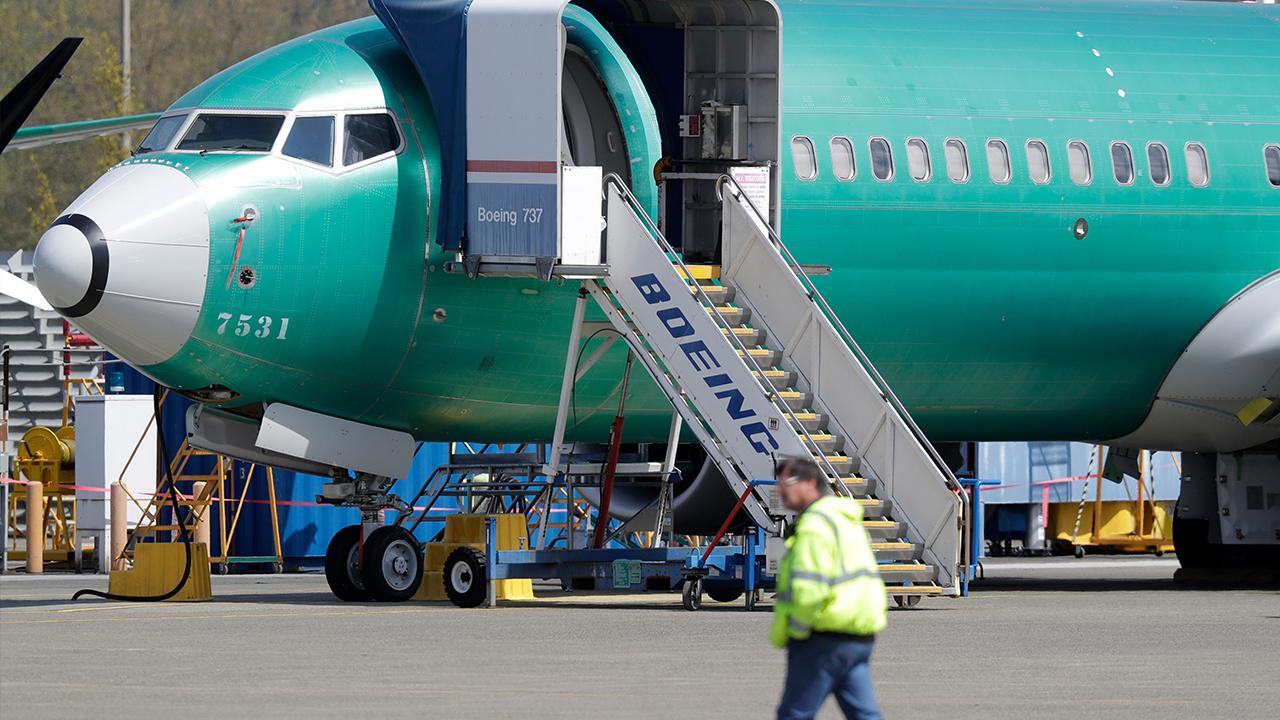Boeing 737 Max production freeze to end in months
Production will resume 'months' before the aircraft returns to the skies
Boeing shares rallied Wednesday after CEO David Calhoun said the planemaker would probably lift a production freeze for its grounded 737 Max in the next few months.
The Chicago-based company's shares had plummeted to their lowest level in more than a year a day earlier, when Boeing said the jetliner probably wouldn't be able to resume commercial flights until June or July. The best-selling model in Boeing's history, the Max has been sidelined since March while the planemaker developed a patch for anti-stall software linked to deadly crashes and regulators evaluate it.
Production of the aircraft will begin “months” before the plane returns to the skies, Calhoun said on a call with reporters. The new forecast for resuming commercial flights is a result of the company recommending simulator training for pilots flying the aircraft, he added.
| Ticker | Security | Last | Change | Change % |
|---|---|---|---|---|
| BA | THE BOEING CO. | 244.74 | +1.76 | +0.72% |
Boeing has reportedly been seeking more than $10 billion of loans to help it deal with rising costs associated with the 737 Max. Calhoun doesn’t expect Boeing to suspend or cut its dividend of $2.06 a share.
While the CEO's call was in progress, the ratings agency Fitch affirmed its A- rating on Boeing's debt, saying that while the 737 Max’s return to service is later than its base-case scenario, it “does not trip our downgrade guidelines.”
Fitch cut Boeing's credit rating to A- from A last week due to “continued regulatory risk regarding the timing and global sequencing of the 737 Max’s return to commercial service.”
The aircraft's struggles have been problematic for the suppliers and airlines that rely on the aircraft as well.
Spirit Aerosystems and General Electric have laid off workers due to the production freeze, while customers American Airlines, United Airlines and Southwest Airlines have taken the 737 Max aircraft off their schedules until June at the earliest.
Boeing shares have slumped 3.8 percent this year, underperforming the S&P 500’s 3 percent gain.




















